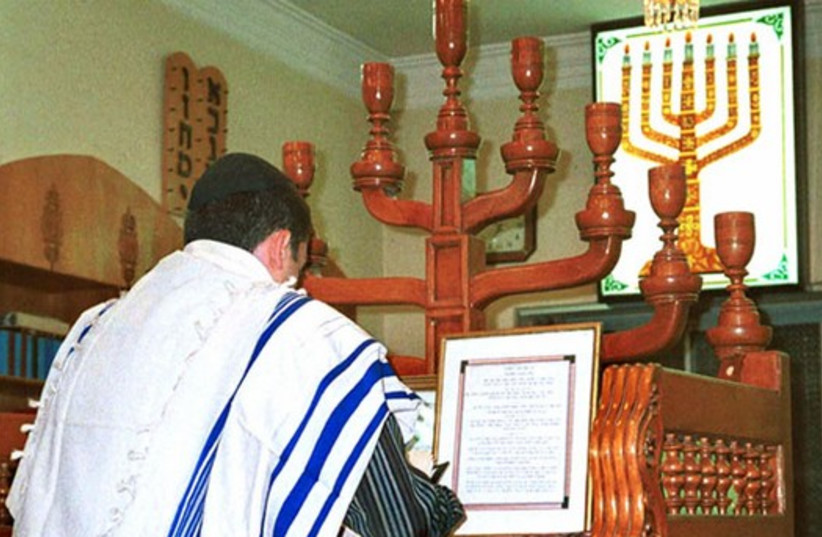An Iranian Jew told N12 in an article published on Saturday about his experiences moving from Iran to Israel and serving in the IDF.
IDF St.-Sgt. D. was born and raised in Iran and even spent a day in the Iranian army during high school.
 Learn how to buy your home in Israel with confidence
Learn how to buy your home in Israel with confidenceD. told N12 that he, his brother, and their mother made aliyah during his final year of high school.
Although his brother and mother came with him, his father stayed behind in Iran due to his work. This is why his identity has been anonymized.
A year after D. arrived in Israel, he enlisted in the IDF in an artillery unit.
D. saw combat on October 7, he told N12. He was praying in his local synagogue in Ashdod when he got the call. During prayer, he was taken from the synagogue, and by about 2:30 p.m., he had reconnected with his unit on base.
"This is it, the only thing I was really afraid of happening to me," he said, recalling October 7. "I saw the situation and told myself there would never be a war. There was nothing that would cause a war."

"I was in the twelfth grade when my mother said, 'Let's go to Israel.'"
"I thought she was joking because she would talk a lot about aliyah, but nothing would happen. During the school year, she started working on it and arranging things, and that summer, I was at the airport in Iran with my mother and my younger brother. My brother and I were at an age where we were starting our lives, and she could not see our future in Iran."
"In Iran, I thought the IDF was like a factory where Israeli children enter from one side, and men leave with a head on their shoulders," D. told N12.
"It really should be like that. I saw that the commanders were talking at eye level. On the one hand, this is good, but on the other hand, it creates problems. A commander should be more than a soldier."
Hardships mixed with success
Although he faced hardship, including bullying from fellow soldiers due to his accent and origin, he eventually made a name for himself, so much so that his commanders were pleading with him to sign a contract and stay on as an officer, he said.
"I was blessed with such a commander in the department who can do specialized tasks because he is very responsible, has good judgment, and can analyze," one of D.'s commanders told N12.
D. reported that fighting on October 7 helped reinforce his Israeliness. He added that knowing what you're fighting for helps.
D. was meant to be released from service earlier last year, but he was released late on December 5 due to the war, completing his obligatory service in the IDF. Afterward, he immediately signed up for the reserves.
High school in Iran
Not long before making aliyah, when he was still a high school student, he had the opportunity to experience the Iranian army.
He and his classmates were sent for only one day to a military base for pre-draft military training intended to prepare them for military service, which is also compulsory in Iran.
This makes him one of the few, if any, who got to wear the uniforms of the two militaries at the heart of the greatest rivalry in the Middle East.
From one day in the Iranian army, D. cannot tell much except that the food in the IDF is superior.
One important thing he did learn from his short foray into the Iranian army was discipline and an appreciation for the IDF's ways of doing things.
Reflecting on this, he said, "I saw how they [officers] talk in the most disgusting way to the soldiers. I thought it would be like that here, too."
"When I was in Iran, I heard a lot about the Iranian army and was sure all armies are like that. In Iran, a soldier does not see home for a month or two, at least not at the beginning of the service, and there, the officers behave very badly towards the soldiers, sometimes even beating them."
"Here, the relationship with the soldiers is much better."
 Sign up for our newsletter to learn more
Sign up for our newsletter to learn more 